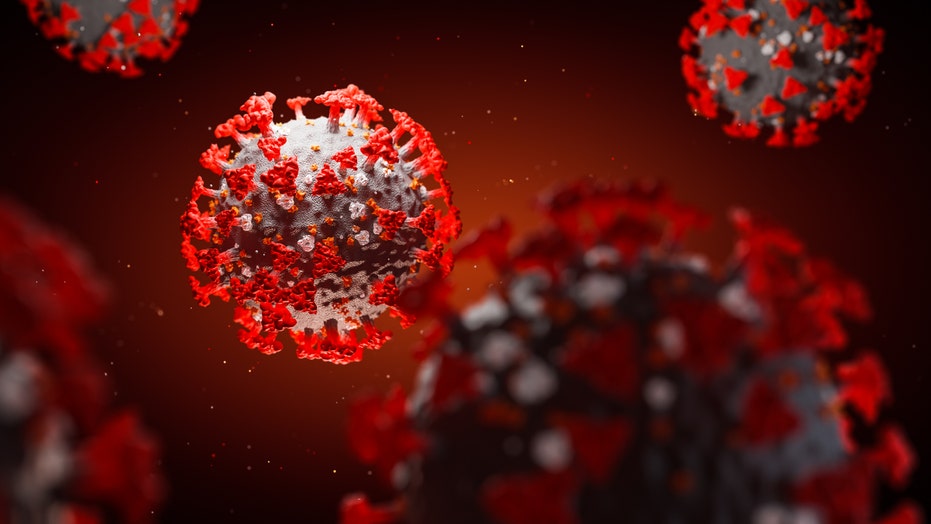
Fox News Flash top headlines are here. Check out what's clicking on Foxnews.com.
Coronavirus concentrations in sewage seen as leading indicator of COVID-19 outbreaks, study says
by Chris CiacciaGet all the latest news on coronavirus and more delivered daily to your inbox. Sign up here.
The proof is usually in the pudding, but for COVID-19, the proof might be in the poop.
A new study from researchers at Yale University has determined that genetic code found in sewage sludge could be a leading indicator of COVID-19 outbreaks, anticipating the presence of the virus by seven days and hospital admissions by three days.
The research, which has not yet been peer-reviewed, determined that concentrations of SARS-CoV-2 RNA in sewage sludge from a New Haven, Conn., wastewater treatment facility could be used to model the number of COVID-19 cases in the area.

COVID-19 PATIENTS ARE NOT INFECTIOUS 11 DAYS AFTER GETTING SICK, STUDY SUGGESTS
"We report a time course of SARS-CoV-2 RNA concentrations in primary sewage sludge during the Spring COVID-19 outbreak in a northeastern U.S. metropolitan area," the researchers wrote in the study's abstract. "SARS-CoV-2 RNA was detected in all environmental samples and, when adjusted for the time lag, the virus RNA concentrations were highly correlated with the COVID-19 epidemiological curve (R2=0.99) and local hospital admissions (R2 =0.99). SARS-CoV-2 RNA concentrations were a seven-day leading indicator ahead of compiled COVID-19 testing data and led local hospital admissions data by three days."
In an interview with the Hartford Courant, Jordan Peccia, the study's lead researcher, said people can shed the virus prior to being symptomatic and be infectious.
"Before you’re symptomatic and after you’re infected, you can certainly shed that virus and be infectious,” Peccia told the news outlet. “As soon as you start shedding it, whether you feel it or not, we’re gonna see it in the wastewater.”
The implications of the study are that patients are not being tested until they show symptoms, a concern they could be spreading the disease known as COVID-19 whether they know it or not.
The researchers collected sewage samples from the East Shore Water Pollution Abatement Facility in New Haven, from March 19 to May 1. They then compared the concentration of the virus' RNA and compared that data to COVID-19 cases and hospitalizations in the surrounding area to come up with their findings.
“I think it’s pretty self-evident that if you can see what’s going on earlier, that’s better,” Peccia added.
Peccia acknowledged that although the sewage sludge data is "a unique piece of information," it only tells part of the story. He added it could be useful for government officials and lawmakers in noting when to make reopening decisions.
“It could be helpful ... because these are tough decisions to make,” Peccia explained. “If you look at other states, it is not a stretch to imagine that the curve could go back up.”
Connecticut has been one of the most affected states in the country, with 40,873 confirmed COVID-19 cases, resulting in 3,742 deaths.
Like many states across the country, Connecticut continues to expand its partial reopening. In recent days, Gov. Ned Lamont said the state will allow hair salons to reopen with restrictions. Lamont is targeting a Phase II reopening by June 20.
The Yale study follows similar research conducted in Massachusetts in April.
The research, conducted by biotech company Biobot Analytics, found "significantly higher than expected" traces of coronavirus discovered in Massachusetts wastewater, suggesting at the time there may have been more people who were going undiagnosed than previously believed.
CLICK HERE FOR COMPLETE CORONAVIRUS COVERAGE
As of Wednesday morning, more than 5.61 million coronavirus cases have been diagnosed worldwide, more than 1.68 million of which are in the U.S., the most impacted country on the planet.